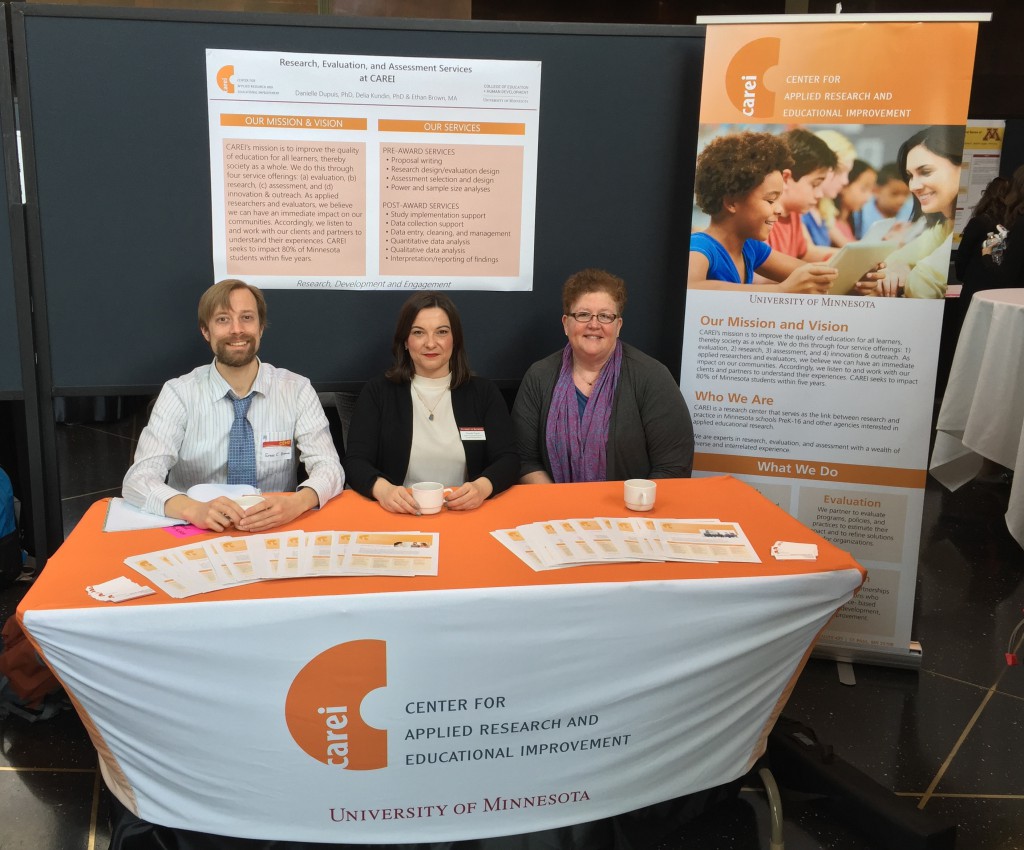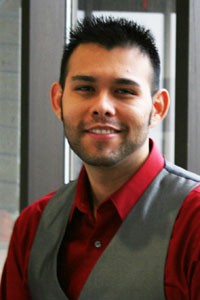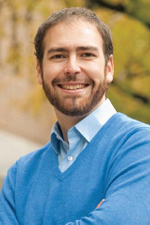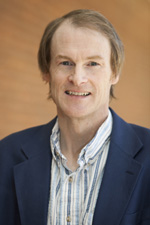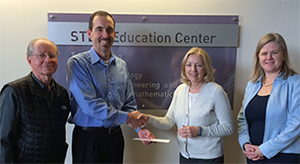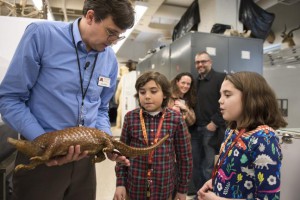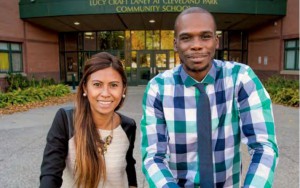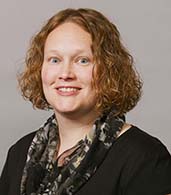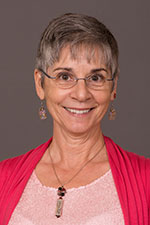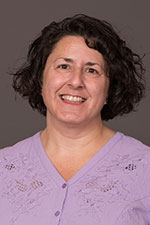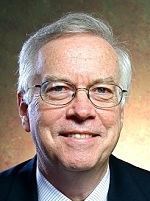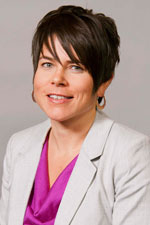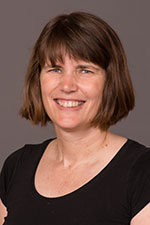A new report shows substantial unmet needs at all levels of Minnesota’s educational systems in order to improve learner outcomes through research, evaluation, assessment and data use, particularly in rural and high need communities.
Effective use of quality data in educational decisions can improve educational outcomes for all learners and help the state reduce the gap between the top performing students and those that struggle to meet proficiency levels.
The 2015 Minnesota Needs Assessment: Research, Evaluation, Assessment, and Data Use in Education identifies six categories of unmet needs—infrastructure, capacity, efficiency, time, training, and ease of use—with several key findings and results. The majority of respondents believe quality data can improve educational decisions; a common theme was that all stakeholders would benefit from additional assistance in the use of data.
Despite substantial motivations and efforts to use data, most districts lack the capacity to meet their own needs for data-based decision making, in part due to a lack of qualified personnel. Only 33 percent of districts reported having staff with advanced training in evaluation and assessment. More than 70 percent of survey respondents indicated their school’s or district’s capacity to effectively use data to guide educational decisions was fair or poor. Further, the lack of centralized services to support sound data practices throughout the state limits the potential of Minnesota’s educational system.
The report was issued by the University of Minnesota’s Center for Applied Research and Educational Improvement (CAREI). The findings are based on an extensive year-long process involving 800 individuals and educational leaders along with 13 professional organizations. This is the first time such a study has been conducted in Minnesota.
“We are grateful to the many individuals and organizations that generously shared their time and insights to develop this critical educational needs assessment,” said CAREI director Theodore Christ, associate professor of educational psychology. “It is clear we need to improve data literacy in Minnesota’s educational systems if we are serious about improving outcomes for all learners. But we do not want to simply provide recommendations. We want to provide the tools for educators and educational leaders to select the programs that have evidence associated with them so that as a state we can make meaningful advances in closing the performance gaps.”
Results of the needs assessment show that coordination of public resources is needed to identify common challenges among districts and coordinate efforts to implement solutions.
Minnesota has the opportunity to leverage current resources and establish a national model of collaboration based on the use of data and evidence to improve educational outcomes for all learners. Developing such an infrastructure may also substantially improve the effectiveness of the established state standards and data collection programs.
Education is the largest financial investment in the Minnesota state budget, and those investments place Minnesota students among the top performers in the nation. However, approximately 40 percent of Minnesota students did not meet state standards for proficiency in reading and math in 2015. Substantial gaps in opportunity and performance, commonly referred to as the achievement gap, persist for students of color and across ethnic groups, despite a range of efforts.
About CAREI
The Center for Applied Research And Educational Improvement (CAREI) was established in 1988 as an independent collegewide center in the University of Minnesota’s College of Education and Human Development to conduct rigorous, unbiased evaluation of innovative practices and policies in education. During the past 25 years, CAREI has completed more than 250 evaluation and research studies funded by federal and state agencies, local educational agencies, and foundations. These studies range from truancy reduction to later start times for high schools. The CAREI staff includes many with Ph.D.s from diverse backgrounds in educational psychology, statistics and measurement, curriculum and instruction, education policy and administration, educational leadership, and evaluation studies. CAREI project leaders coordinate research teams and collaborate with content experts and community members.
For more information, contact Kimberly Gibbons, CAREI’s associate director for innovation and outreach.
 Three CEHD faculty members attended the White House convening for Operation Educate the Educators: Sharing Successes and Setting Sights for the Future, April 13. Regents Professor and Irving B. Harris Professor of Child Development Ann Masten, Nancy and John Lindahl Leadership Professor Abigail Gewirtz, and Family Social Science Professor and Department Head Lynne Borden were invited to the White House to participate in discussions with a group of experts from across the country on educational needs of military families.
Three CEHD faculty members attended the White House convening for Operation Educate the Educators: Sharing Successes and Setting Sights for the Future, April 13. Regents Professor and Irving B. Harris Professor of Child Development Ann Masten, Nancy and John Lindahl Leadership Professor Abigail Gewirtz, and Family Social Science Professor and Department Head Lynne Borden were invited to the White House to participate in discussions with a group of experts from across the country on educational needs of military families.
